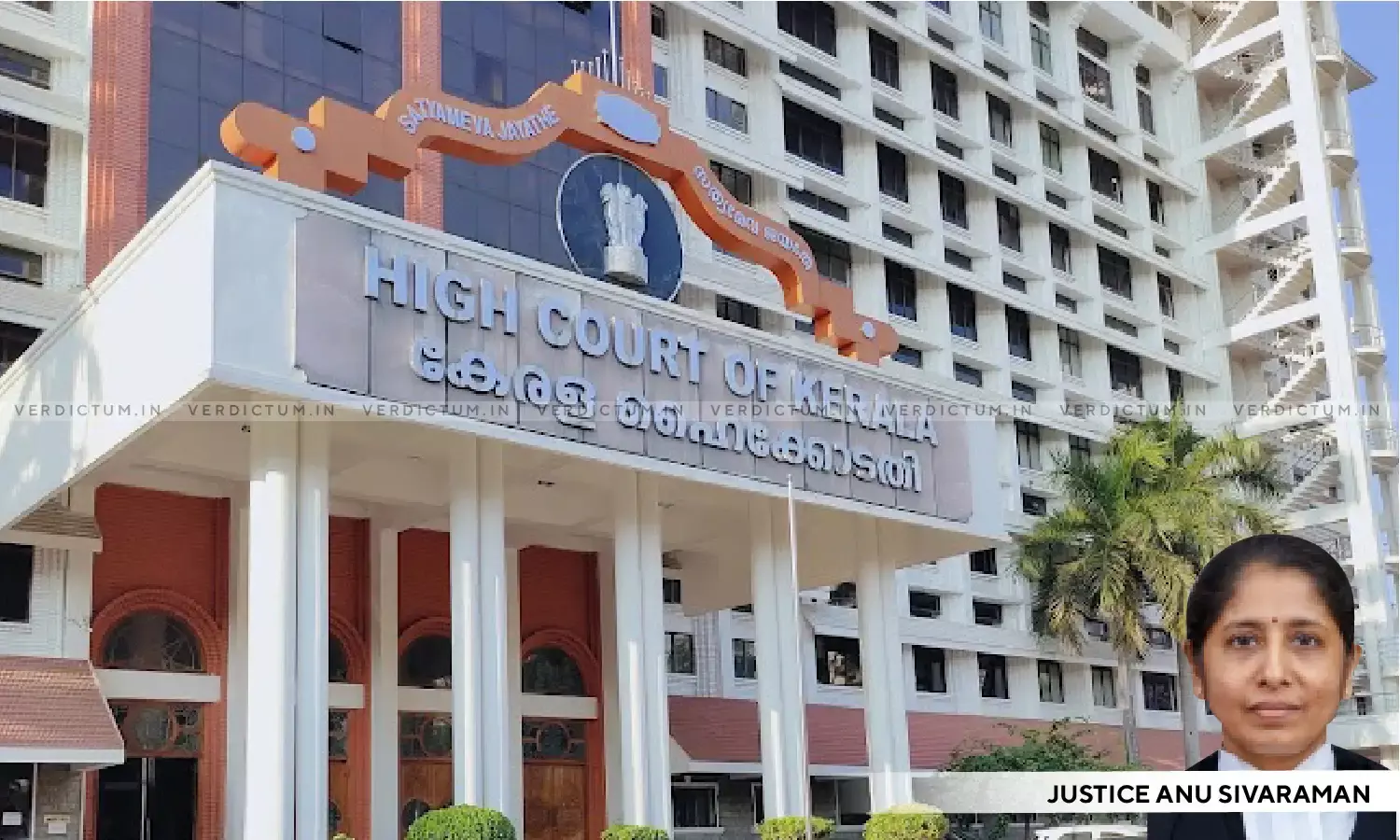Retired High Court Judge Reappointed As Ombudsman Is Entitled To Both Pension & Salary- Kerala High Court

The Kerala High Court recently held that the pension of a retired High Court Judge, who had been reappointed as an Ombudsman could not be deducted from salary and allowances admissible to a judge of the High Court under the Kerala Panchayat Raj Act, 1994 (the Act) and Ombudsman for Local Self Government Institutions (Inquiry of Complaints and Service Conditions) Rules, 1999, the Rules.
The Bench of Justice Anu Sivaraman observed that “ ...the provisions of the Act and the Rules are quite clear in as much as the provision specifically provides that a person appointed as Ombudsman would be entitled to salary and allowances equivalent to that of a High Court Judge. The Act or the Rules, admittedly, do not provide for any deduction of pension.”
In this case, the writ petition was preferred by the retired judge of the Kerala High Court, Justice K.K. Denesan, who was reappointed as Ombudsman for Local Self Government Institutions under the Act and had prayed for issuance of an appropriate writ for enforcing his right to get full salary and allowances as are admissible to a judge of the High Court without deducting the amount of pension paid to him.
Senior Advocate K. Jaju Babu appearing for the petitioner submitted that he was duly appointed as an Ombudsman and that there was absolutely no provision, for making deductions of the pension paid on account of earlier service rendered as a Judge of the High Court from the amounts payable to the petitioner for service rendered by him as Ombudsman.
The Counsel further relied on a decision of the Apex Court in V.S. Mallimath v. Union of India and another [2001 (4) SCC 31] to contend that it was only in cases where the Act or the Rules provides for deduction of the pension already drawn being made from the salary payable that such reductions would be possible.
Government Pleader Ranjith K. R. appeared for the respondent and contended that since the petitioner was a retired Judge of the High Court of Kerala and was drawing pension for his prior service, his pay and allowances were to be fixed less the pension drawn as was done in the case of other judges who were reemployed after retirement and further submitted that an employee could not retire with a view to being reemployed and drawing pension in addition to pay whether in the service of the Government or of a Local Fund.
The Court observed that in a similar situation, the pay of the Chairperson of the Kerala Real Estate Appellate Tribunal who was appointed as an Ombudsman had been fixed without making any deductions for the pension drawn by him.
The Court noted that neither the provisions of the Act not the Rules permit any deduction of the pension drawn in the capacity of a High Court Judge from the amount payable to the petitioner and observed that “The contention that the petitioner is a reemployed pensioner who is, in any manner, governed by the provisions of the Kerala Service Rules is a completely erroneous assumption which I am surprised that officers like respondents 2 and 3 are still laboring under.”
Therefore, “The pension payable to a High Court Judge is deferred payment for his service as such and unless there is a specific provision in the enactment or the Rules which provides for the appointment of Ombudsman for deducting the amount drawn by the appointee as pension for his service as a High Court Judge, there can be no deduction on the basis of the subjective satisfaction of the officers occupying the post of respondents 2 and 3 or any of their subordinate officers.”
The Court thus directed the Government to pass an appropriate order granting the benefit of pay and allowances of a High Court Judge to the petitioner within a period of one month and arrears be paid, without delay, within a period of 3 months.
Accordingly, the writ petition was allowed.
Cause Title- Justice K.K. Denesan (Retd. Judge) v. Senior Accounts Officer & Ors.

